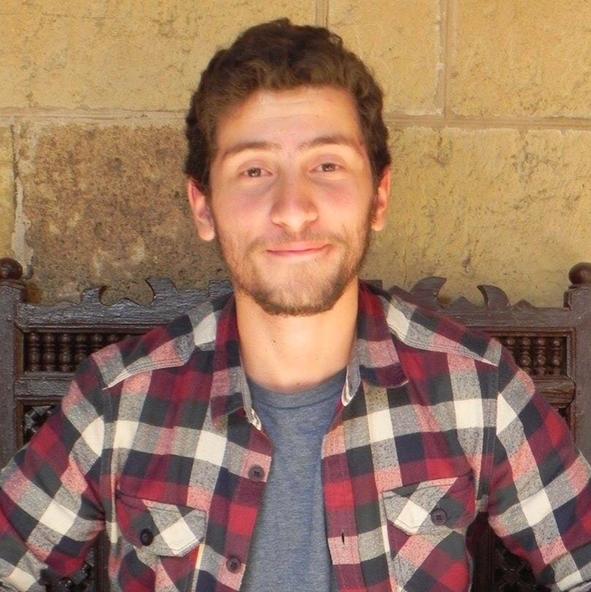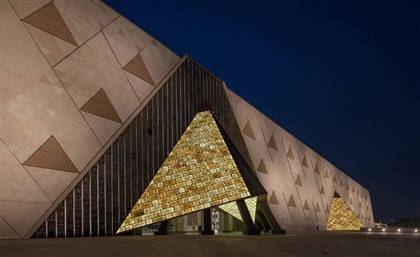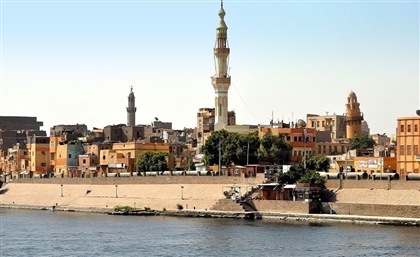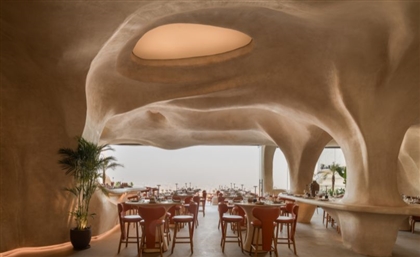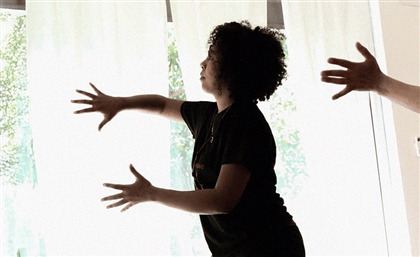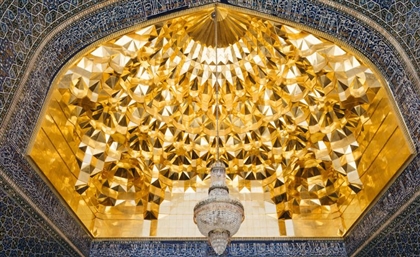Landmarks Across the Levant by Palestinian Architect Ja’afar Tuqan
Hailing from Jerusalem, Ja’afar Tuqan’s award-winning designs marked the rise of modernity across the Levant.
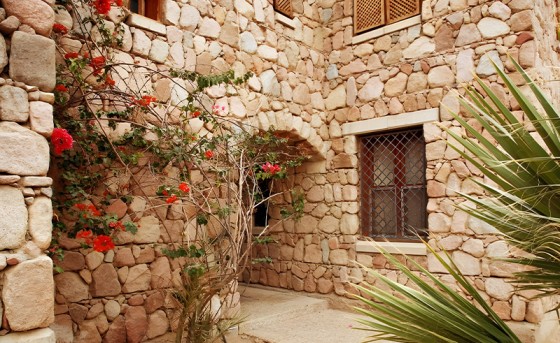
Born in Jerusalem in 1938, a full decade before the establishment of Israel and the 1948 Nakba, Palestinian architect Ja’afar Tuqan - the recipient of the Aga Khan Award for Architecture for his work on the SOS Children’s Village in Aqaba - left a profound footprint in the Middle East, from The Jordan Museum in Amman and Yasser Arafat Museum in Ramallah, to Aisha Bakkar Mosque in Beirut.
Phrases like ‘Greatness runs in the family’ often sound over-romantic, but in Tuqan’s case, it’s accurate. His father was the renowned Palestinian poet Ibrahim Tuqan, who wrote ‘Mawtini’ (‘My Homeland’), which is considered the unofficial anthem of Palestine and the current official anthem of Iraq, resonating across the Arab world to this day.
-3852cd0f-5c17-4f85-a71d-2e9084001d62.jpg) Following his graduation from the American University of Beirut, Tuqan worked as a design architect at the Jordanian Ministry of Works before joining Dar Al-Handasah Consultants in the Lebanese capital. He established a private practice in 1968, but in the aftermath of the Lebanese Civil War, he moved to Jordan, where a joint venture he established is currently operating today under the name Consolidated Consultants.
Following his graduation from the American University of Beirut, Tuqan worked as a design architect at the Jordanian Ministry of Works before joining Dar Al-Handasah Consultants in the Lebanese capital. He established a private practice in 1968, but in the aftermath of the Lebanese Civil War, he moved to Jordan, where a joint venture he established is currently operating today under the name Consolidated Consultants.
Tuqan’s impact in Jordan is evident in the type of buildings he designed. Aside from the orphanage established in Aqaba, Tuqan also designed the General Municipality of Amman, The Jordan Museum, a variety of residences and the Jordan Gate Towers.
-85f373d4-d70c-4cd8-992a-858ac77f8c7f.jpg) Considered a pioneer among his peers through the use of modern construction techniques in tandem with Arab vernacular architecture practices, Tuqan created open spaces using natural materials, maintained apt shading and ensured his buildings were naturally ventilated. Yet he also embraced the geometric freedom that came with contemporary architecture, as seen in Beirut’s Aisha Bakkar Mosque.
Considered a pioneer among his peers through the use of modern construction techniques in tandem with Arab vernacular architecture practices, Tuqan created open spaces using natural materials, maintained apt shading and ensured his buildings were naturally ventilated. Yet he also embraced the geometric freedom that came with contemporary architecture, as seen in Beirut’s Aisha Bakkar Mosque.
- Previous Article Italian-Palestinian Duo No Input Debuts Eponymous Electro EP
- Next Article Egyptian Embassies Around the World
Trending This Week
-
Jan 10, 2026







